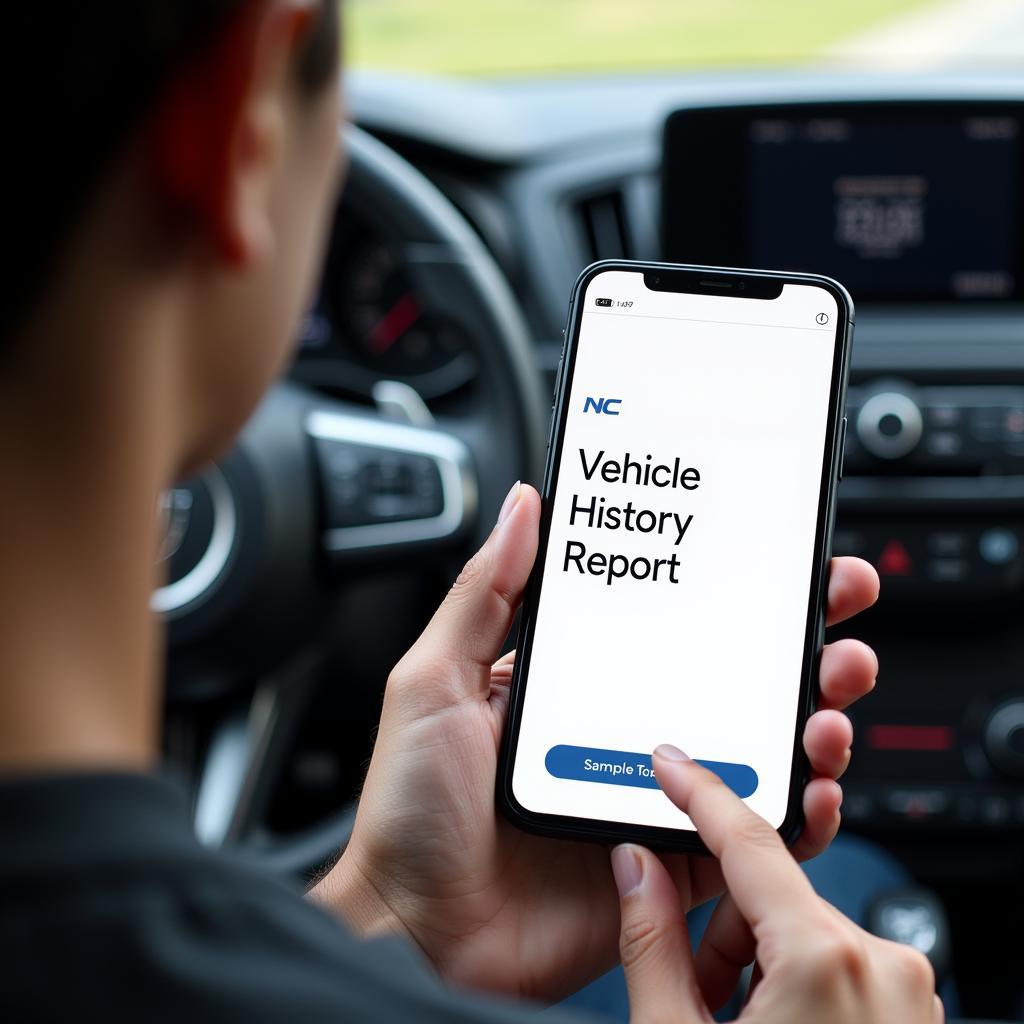Buying a car at auction can be a great way to get a good deal, but it’s important to be aware of the potential problems that can come with auction cars. Because these vehicles are often sold “as-is”, it’s crucial to know what to look for and how to protect yourself from costly repairs down the road.
One of the biggest challenges when considering auction cars is the lack of a thorough inspection. Unlike dealerships, where you can usually test drive a vehicle and have it checked by a mechanic, auction cars typically have limited access. This makes it harder to identify underlying mechanical or cosmetic issues that could end up costing you thousands.
Common Auction Cars Problems
While auction cars can offer significant savings, it’s essential to be aware of the potential risks involved. Here are some common issues found in auction vehicles:
Mechanical Problems:
- Engine Issues: One of the most common problems with auction cars is engine trouble. This can range from minor issues like oil leaks to major problems like a blown head gasket. Sell a car with engine problems can be a challenging experience, so it’s best to avoid buying a car with pre-existing engine issues in the first place.
- Transmission Problems: Another common issue is transmission problems. This can be anything from a slipping transmission to a complete failure.
- Brake Problems: Worn brake pads, rotors, or even problems with the brake lines can be a safety hazard.
- Suspension Issues: Worn shocks, struts, or other suspension components can affect the vehicle’s handling and ride quality.
Cosmetic Problems:
While mechanical issues present the most significant risk, cosmetic problems can also be costly to repair. Auction cars might have:
- Paint Damage: Scratches, dents, and rust can be signs of previous accidents or poor maintenance.
- Interior Damage: Rips, tears, stains, or excessive wear on the upholstery, carpets, and dashboard.
- Electrical Issues: Malfunctioning lights, windows, or other electrical components.
 Checking a Car History Report
Checking a Car History Report
How to Avoid Buying a Problem Car at Auction
Navigating the world of auction cars can feel risky, but with careful consideration and the right approach, you can increase your chances of driving away with a reliable vehicle. Here are some essential tips to help you make an informed decision:
- Do Your Research: Before attending an auction, research the makes and models that fit your budget and needs. Look into common problems associated with those vehicles and understand their typical auction values.
- Check the Vehicle History Report: Obtaining a vehicle history report from companies like Carfax or AutoCheck is crucial. This report can reveal past accidents, title issues (salvage, flood damage), and maintenance records, giving you valuable insights into the car’s past.
- Inspect the Car Thoroughly: Even if a thorough inspection isn’t possible, try to arrive at the auction early to examine the vehicle visually. Look for signs of damage, leaks, rust, and inconsistencies in the vehicle’s condition.
- Set a Budget and Stick to It: Determine your maximum spending limit before bidding and avoid getting caught up in the excitement of the auction. Remember to factor in additional costs like auction fees, taxes, and potential transportation expenses.
- Consider a Pre-Purchase Inspection: If possible, try to arrange a pre-purchase inspection with a trusted mechanic. While this might require additional time and cost, a professional assessment can uncover hidden problems and give you peace of mind before committing to a purchase.
Can I buy a car at auction with mechanical problems? While it is technically possible, it is generally not recommended unless you are mechanically inclined and prepared for potential repair costs.
Understanding Different Auction Types
Not all car auctions are created equal. Familiarizing yourself with different auction types can help you make informed decisions based on your risk tolerance and budget:
- Public Auctions: Open to the public, these auctions often feature a wide variety of vehicles, including those from private sellers, dealerships, and government agencies. While they offer potential bargains, public auctions generally have limited inspection opportunities, increasing the risk of buying a car with hidden problems.
- Dealer Auctions: Restricted to licensed car dealers, these auctions usually have higher-quality vehicles compared to public auctions. However, prices can also be higher due to increased competition among dealers.
- Government Auctions: These auctions feature vehicles seized by government agencies, often due to unpaid taxes or criminal activity. Prices can be attractive, but these vehicles are typically sold “as-is” with no warranties, requiring careful inspection and consideration.
- Online Auctions: Platforms like eBay Motors have made buying and selling cars online increasingly popular. While convenient, it’s crucial to exercise caution when bidding on vehicles sight unseen. Request detailed photos, vehicle history reports, and consider using escrow services to protect your payment.
Are wholesale cars problem cars? Not necessarily. Are wholesale cars problem cars? explains the ins and outs of buying wholesale. It’s crucial to remember that while buying a car at an auction can be a great way to save money, it’s essential to be aware of the risks and do your due diligence.
Conclusion
Purchasing a car at auction presents an opportunity to find great deals, but it’s important to proceed with caution. Understanding the potential auction cars problems associated with these vehicles is crucial for making an informed decision. Remember to research thoroughly, inspect the car carefully, obtain a vehicle history report, and consider a pre-purchase inspection to minimize the risk of encountering unexpected problems down the road. By following these tips, you can navigate the auction process confidently and increase your chances of driving away with a reliable and affordable vehicle.
If you have any questions or need assistance with a car issue, contact our team at AutoTipPro at +1 (641) 206-8880 or visit our office at 500 N St Mary’s St, San Antonio, TX 78205, United States. We’re here to help!





Leave a Reply